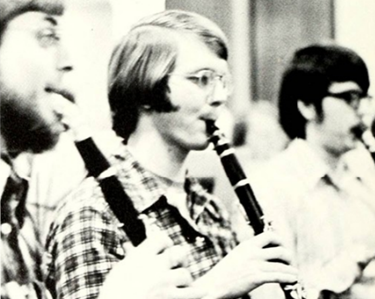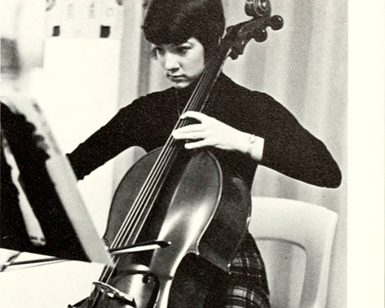Alumni
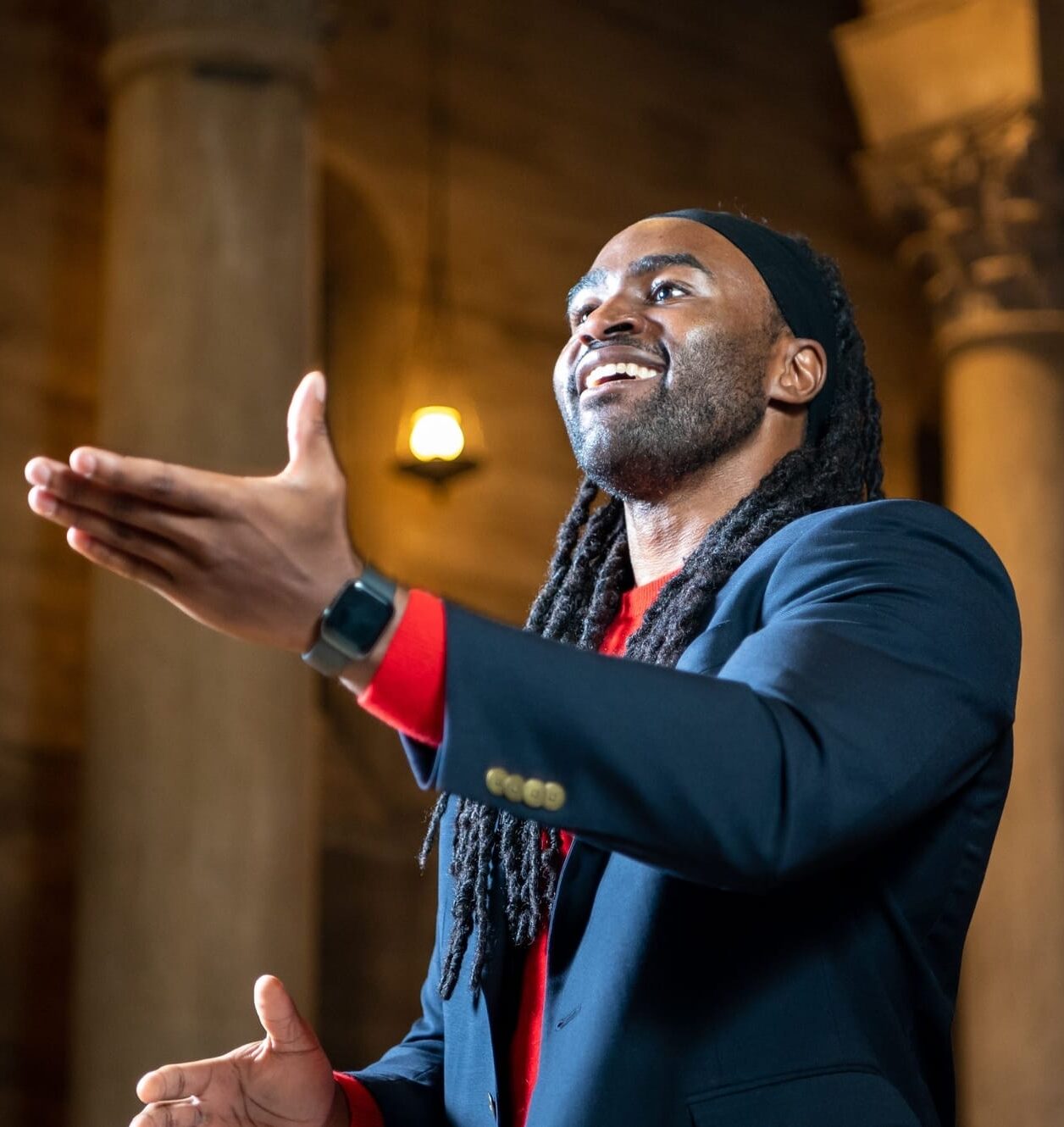
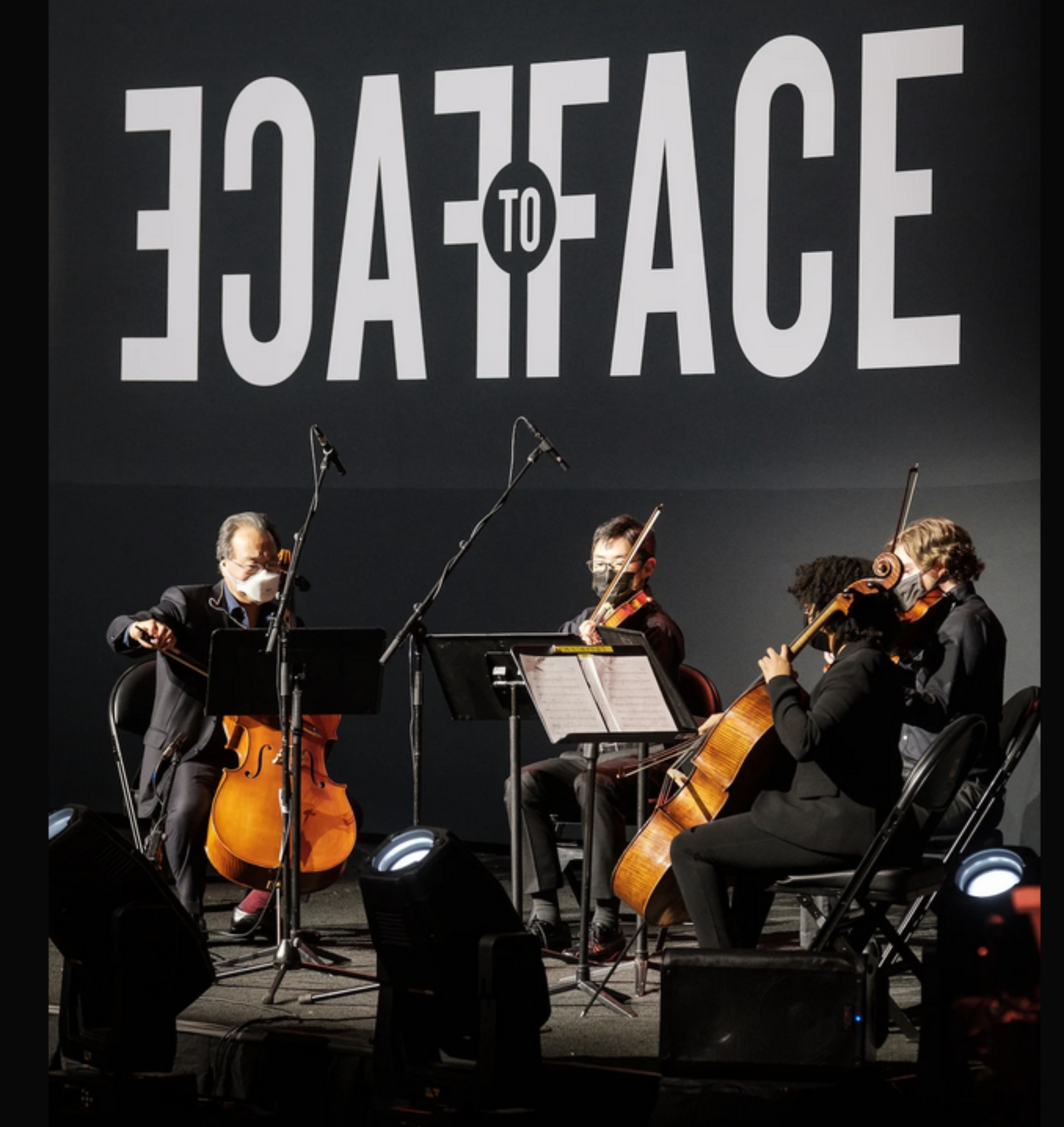

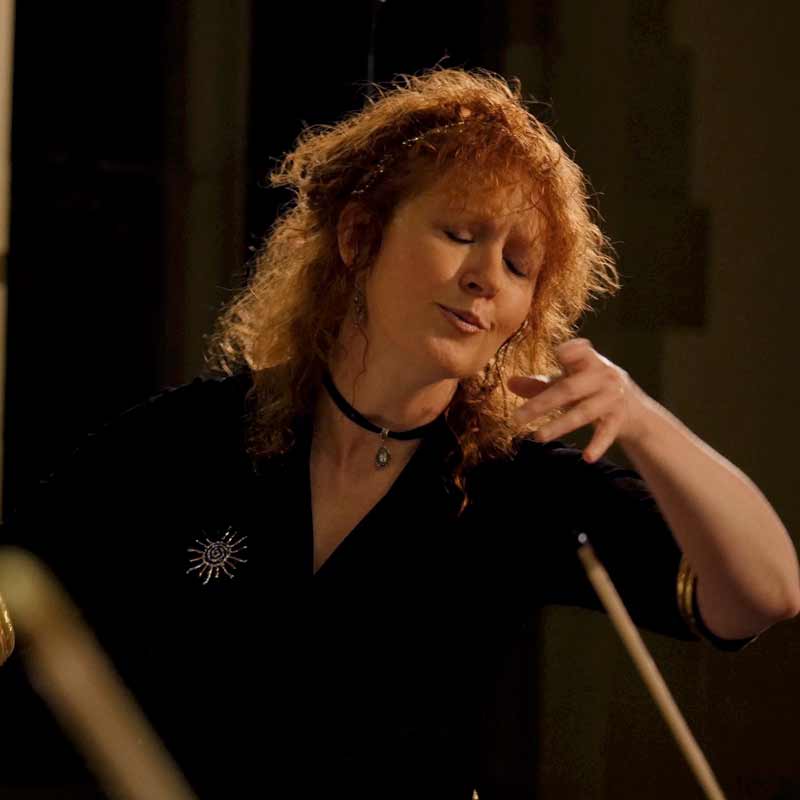
The Spirit of Pro Humanitate in Music
Inspiring, innovating, and sparking social change through diversity
Dr. Alexander Lloyd Blake (’10)
Performance with Yo-Yo Ma
Morgan Lyke (’22), Alex Pleasant (’22), and Uzo Ahn (’22)
Virtuosity and Musicianship
John Kossler (’11)
Breaking through a glass ceiling
Jeannette Sorrell (’86)
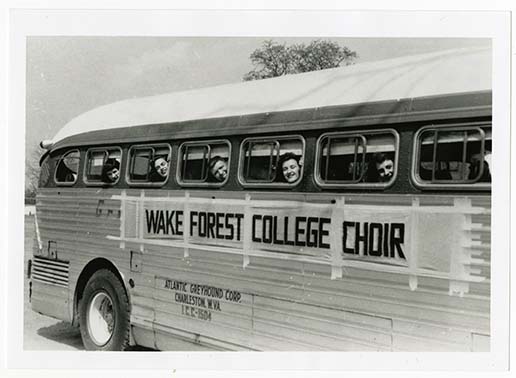
Class Notes
Malachi Woodard (’24)
Malachi Woodard (’24) recently recorded two of his original songs with WFU Music, including “Lullaby” and “16-73.”
Katarina Sams (’22)
Katarina Sams received her M.M. in Flute Performance from Shenandoah Conservatory in 2024. She is currently pursuing her D.M.A. in Flute Performance at Shenandoah Conservatory.
Jeremy Sexton (’17)
Jeremy Sexton received his Ph.D. in musicology from Duke University in May 2024. Dissertation: “Samuel Barber as Synthesizer: An Analytical and Critical Reappraisal”
Ryan Whittington (’14)
Ryan Whittington received his Ph.D. in musicology from Florida State University. He is currently Assistant Professor of Music at Virginia Highlands Community College.
Hayden Barnes (’00)
Hayden Barnes is the Artistic Director for Wake Forest University’s Secrest Artists Series.
Seth Brodsky (’97)
Seth Brodsky recently contributed to the September 2024 edition of Notes, the Quarterly Journal of the Music Library Association, along with Professor Emeritus of Music Dr. David Levy.

Wake Forest University Department of Music
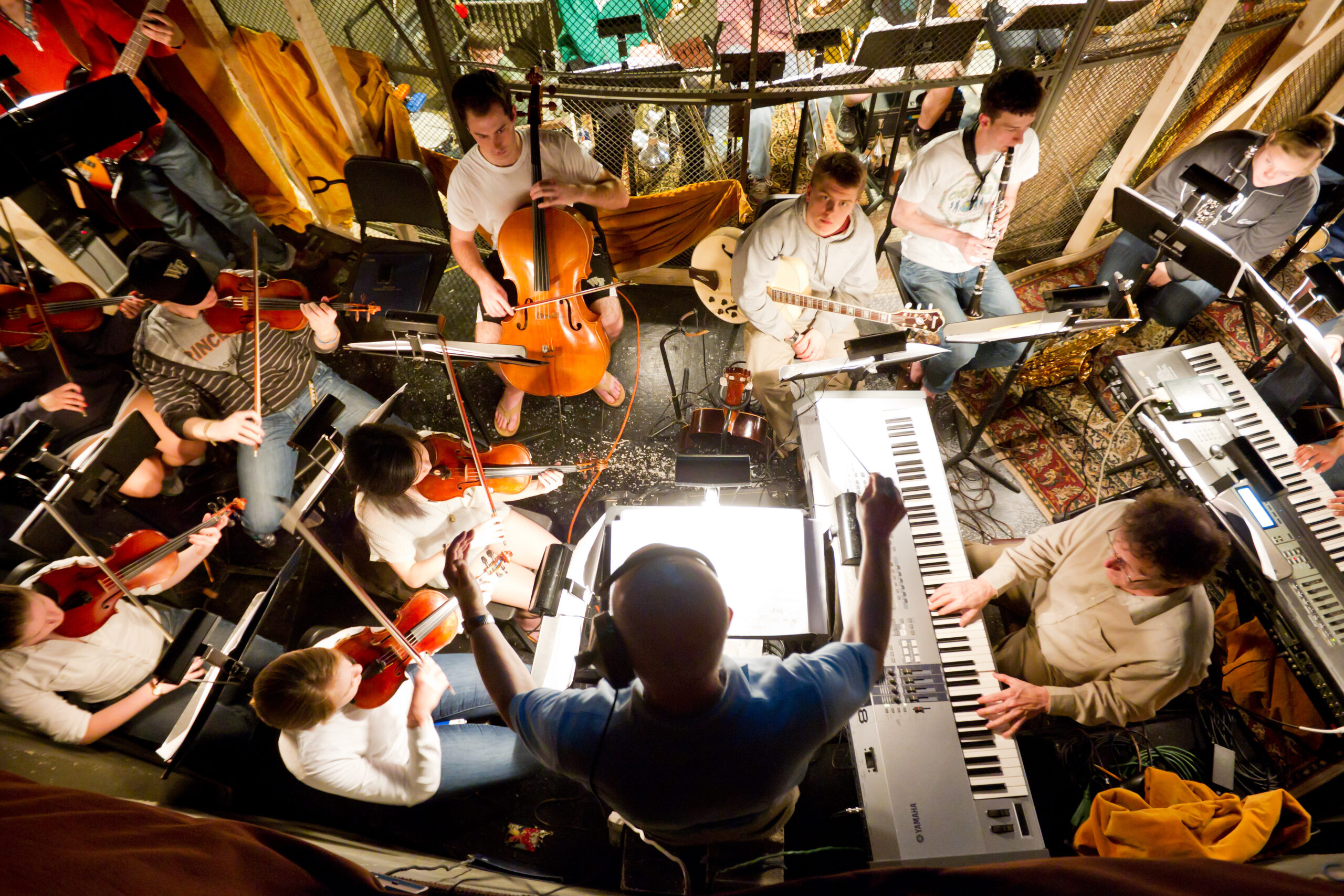
Featured Alumni Archive
Eric Ross
The following is an excerpt from Eric’s Old Gold and Black senior profile:
Although he is a distinguished major in music in liberal arts, Ross did not come into college interested in music. However, upon taking a First Year Seminar with Dr. David Levy, who taught him about Wagner’s Ring Cycle of operas, he became interested in the history and theory of music.
“Eric Ross is one of the most curious students I have ever taught,” Levy said. “His interests are diverse, both in musical scholarship and performance.”
Since then, Ross has greatly developed his involvement in musicology, studying the “Lord of the Rings” films for the summer 2021 Richter scholarship, supervised by Dr. David Geary.
“I was reading the books and thought back to the film scores and noticed some similarities which I thought were too on-the-nose to be purely coincidental,” Ross said. “I went back, did scores study, watched the films, took copious notes about the music I was hearing and distilled that into a paper about the music and its extra-musical associations for the villains.”
This project allowed him to pursue the study of music as associated with narrative-building and storytelling. He is particularly taken by the ability of music in film to convey events contributing to the plot which aren’t actively seen on screen or mentioned by the characters, as well as its ability to create an atmosphere and change the dynamic of a given scene and play a significant role in “world-building”.
“I taught Eric for three classes (Music Theory I, II, and IV) and supervised his summer 2021 Richter Scholarship research project (analyzing the villainous themes in Howard Shore’s The Lord of the Rings trilogy),” Geary said. “In all of these settings, Eric showed a deep passion and knowledge about music and history. I believe these attributes, among others, will lead him to continue flourishing next year while he pursues a Master’s in Musicology degree in at Indiana University.”
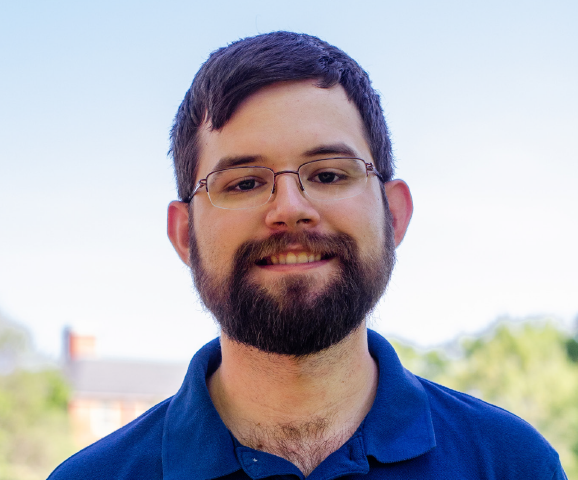
Anne Bernau (Hillgartner)
The following is an excerpt from Anne’s Wake the Arts Alumni profile:
I didn’t have a full-time job before working for Mercer [consulting firm], but I had two key experiences at Wake Forest (other than my great education) that really helped me be a better worker: the first was my internship with the Secrest Artists Series, where I got some serious experience in what it takes to curate a series of events and make them connect to different audiences. With our small budget and busy student population, we had to think of new ways to do things and be flexible. There wasn’t a manual for how to do things, similar to the problem solving I do today.
The second experience was my part time job working as a sound and lighting technician for J’s crew. Jay Lawson, our boss, taught me a lot about how to be a good team member and how to be a leader of a team and have fun at the same time. Working for Jay, I also learned the basics of setting up A/V in rooms, which has been a surprisingly valuable skill now that so many meetings are virtual – I don’t have to call IT to fix things!

Natalie Michaels
The following is an excerpt from Natalie’s Wake the Arts Alumni profile:
As far as Music at Wake, it was such a helpful training tool to get out of my head as far as solely musical theater…I had a straight path. Nothing was gonna stop me. But the music degree is mostly classical music, which is great and I love it, but it made me open my head to something other than musical theater. So I studied a full classical repertoire all my four years and ended up doing a full honors voice recital, with all classical music.
It opened me up to the world of Opera, which is definitely something I’ve done since and wish I could get more into because it is still theater. I also noticed how much my voice changed too from ages 18 to 21. It developed in a way that I didn’t think it could.
I think it would be great if there were ways to incorporate musical theater into Wake’s curriculum. I think a lot of people in both music and theater like musicians.
Fight your hardest for what you want. People at Wake would say “You can’t do that double major,” and would tell me I’m crazy for taking 21 hours every semester. If you know that you have a passion in the arts, go after it. Don’t let anybody say that will be too hard or that it’s impossible. Do it because you want to, and in the end, something good will come out of it.
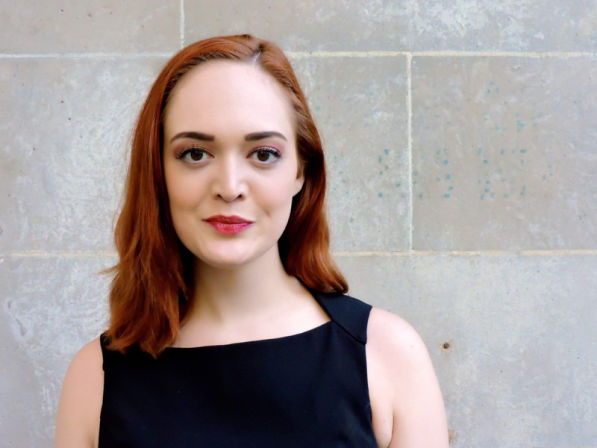
Alexander Lloyd Blake
The following is an excerpt from Alexander’s article “In Harmony” with Virginia Noone of The Old Gold and Black’s Magnolia magazine:
Dr. [Richard Heard’s] influence was a major factor in Blake’s decision to attend Wake Forest, so much so that he hadn’t considered the implications of attending a homogeneous PWI [Predominantly White Institution]. He said he was one of the few Black males who were not student-athletes. Above that, feelings around homosexuality at the time were not entirely positive.
“I felt [this discrepancy] everywhere if I’m being honest,” he said. “You add those two marginalizations together, and it made for a unique undergrad experience that was not particularly positive.”
Once again finding himself on the outside of belonging, Blake found a refuge in music.
Blake majored in vocal performance with a concentration in arranging. Wake Forest’s small class size allowed him the opportunity to conduct choirs weekly as an undergrad, which is a rare opportunity usually reserved for doctoral students at most universities. Dr. David Hagy and Dr. Brian Gorelick mentored Blake and encouraged him in his work.
By his senior year, he had formed his own choir, the Wake Forest Chamber Singers and was writing and performing his original pieces for his final recital.
“There’s nothing that beats the experience of being in front of people and having to make decisions on the spot,” he said. “I got to have that experience a lot earlier at Wake Forest than a lot of my colleagues, and it’s been a huge advantage in my career.”
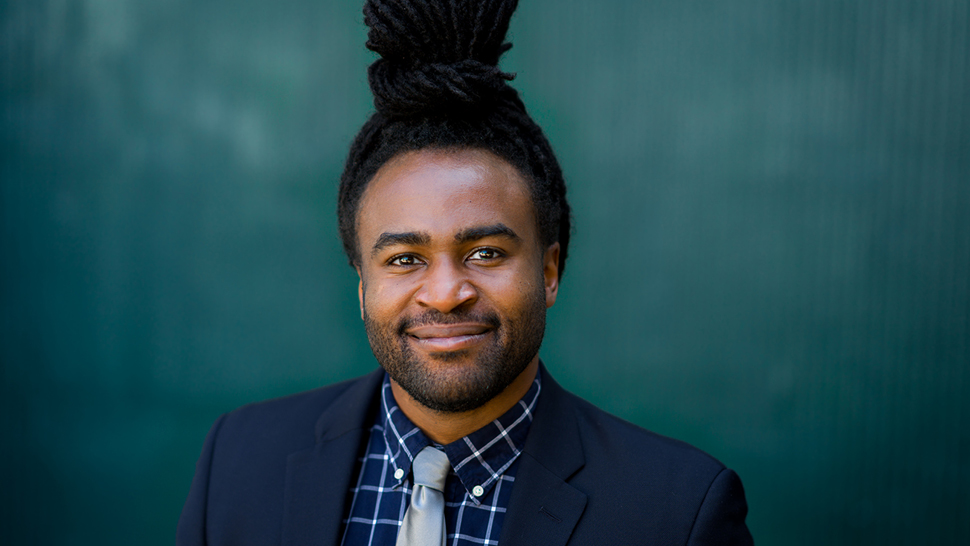
Daryn Bunce Stylianopoulos
The following is an excerpt from Daryn’s Wake the Arts Alumni profile:
Wake Forest offered opportunities for me to deeply interrogate and expand my faith perspectives in respectful dialogue with other students and professors; those conversations and experiences broadened my understanding of God and the breadth of God’s compassion and inclusive love, and allowed me to more fully appreciate the beauty of interfaith dialogue and engagement.
I also learned through observation of the staff and campus leadership, the importance of intentionally creating and holding space for community in the midst of grief, fear, and uncertainty in the wake of 9/11. These skills have accompanied me into my ministry, and interfaith community work, facilitating respectful spaces of dialogue, holding vigil together in community, and working toward spaces of solidarity and justice keeping.
Music is a part of all that I do – music does wonders in bringing folks together across difference, creating palpable moments of meaning-making, and a sense of the sacred for vigil-keeping, prayer, and moments of healing, and for bonding hearts in solidarity and accompaniment around matters of justice and faith; it is a connecting and healing force. I am grateful for the ways I was challenged toward a greater appreciation of culture, of healing and meaning-making in the context of community, and an even greater love for music and its power to bring people together toward new possibility.

Chris Mixter
The following is an excerpt from Chris’ Wake the Arts Alumni profile:
Spread yourself around…don’t be a “one lane Deac.” In addition to my major, I took classes on things that interested me like religion and Latin. I also had choir, an a cappella group, my fraternity, and, at least for a little while, club swimming. The result of all of those things? An incredibly diverse set of experiences and friends that I continue to rely on today.
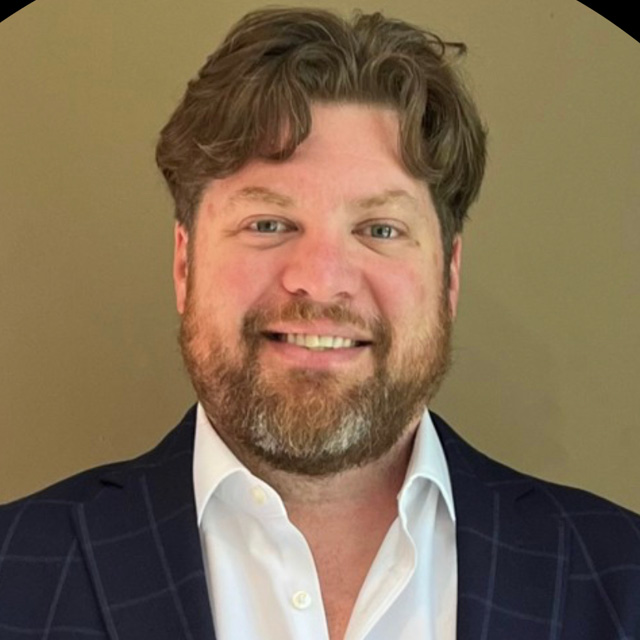
Rachelle Kuramoto
The following is an excerpt from Rachelle’s Wake the Arts Alumni profile:
My bachelor’s and master’s degrees both were in English Literature. At the wise counsel of my parents, I added the Summer Management Program. Because I had earned a Presidential Scholarship, I also was dual-enrolled at the NC School for the Arts. It was a well-balanced education!
Your network is everything. Chances are, it’s made up of nice people who want to help when they can. Contribute and engage kindly and courageously.
Life after graduation is a huge transition, certainly bigger than the one into college. (And that feels huge.)
Students have four(ish) years to get closer to being a fully formed human. The more Wake can do to demand that students take every opportunity to stand on their own two feet and make hard decisions, the better. That might mean requiring every student to have a job that contributes to their tuition or mandating off-campus service. It might include requiring that each student hold a leadership position in a campus organization so they have to network and collaborate with professionals. Whatever these efforts look like, tactically, strategically, the intent is to mature the ability to be self-supporting, brave, communicative, and aware of their place in the world.
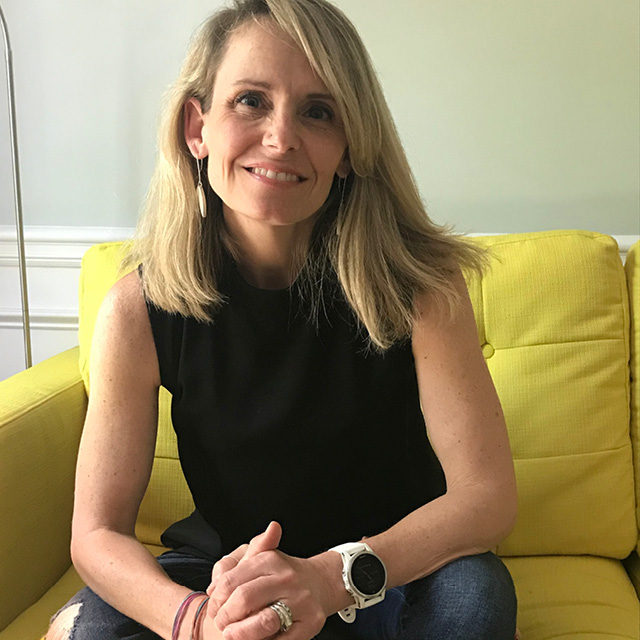
Cathy Lacava-LoDuca
Cathy Lacava-LoDuca graduated with a Business major and Music minor. She twice won first prize in the Giles-Harris piano competition. Cathy and her husband, Gaspare LoDuca, recently established a scholarship fund in the Department of Music.

Joel Stegall
The following is an excerpt from Joel’s Wake the Arts alumni profile:
At Wake Forest, I was not sure what I wanted to do as a career, though I learned several things I did not want to do. I tried different majors and activities: choir, voice, psychology…I was Managing Editor for the Old Gold and Black, which was the best experience I ever had to help me write. I finally decided I wanted to study music professionally and went to grad school in Music at the University of North Texas, then went on to receive a doctorate at UNC-Chapel Hill. After Wake, all the other academic work seemed relatively easy.
In retirement, I’ve been a member of a great church (Centenary United Methodist downtown). I sing in Symphony Chorus and in an excellent church choir. I’m active in community groups and work part time as managing editor of professional magazine (exclusively through Internet).
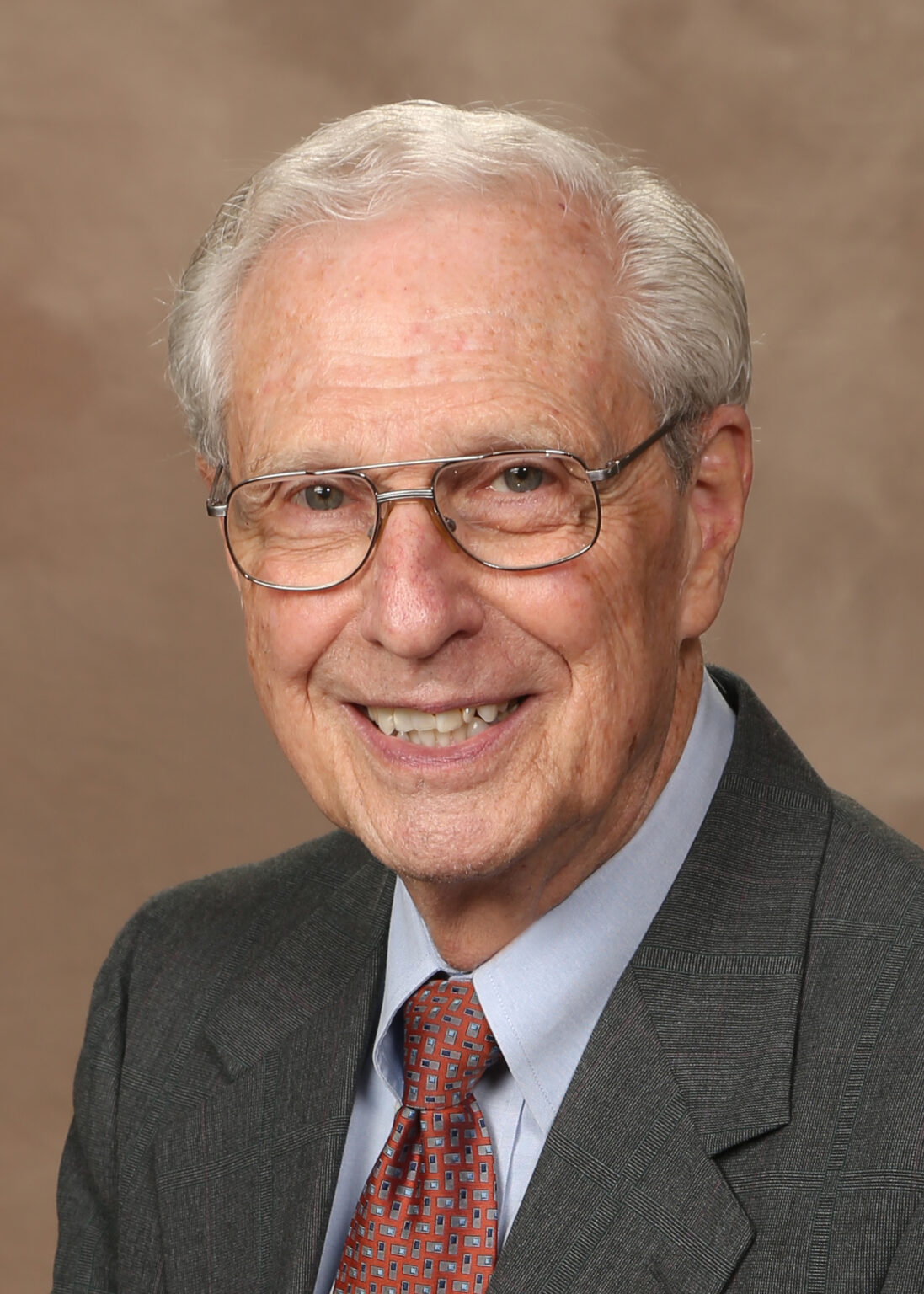
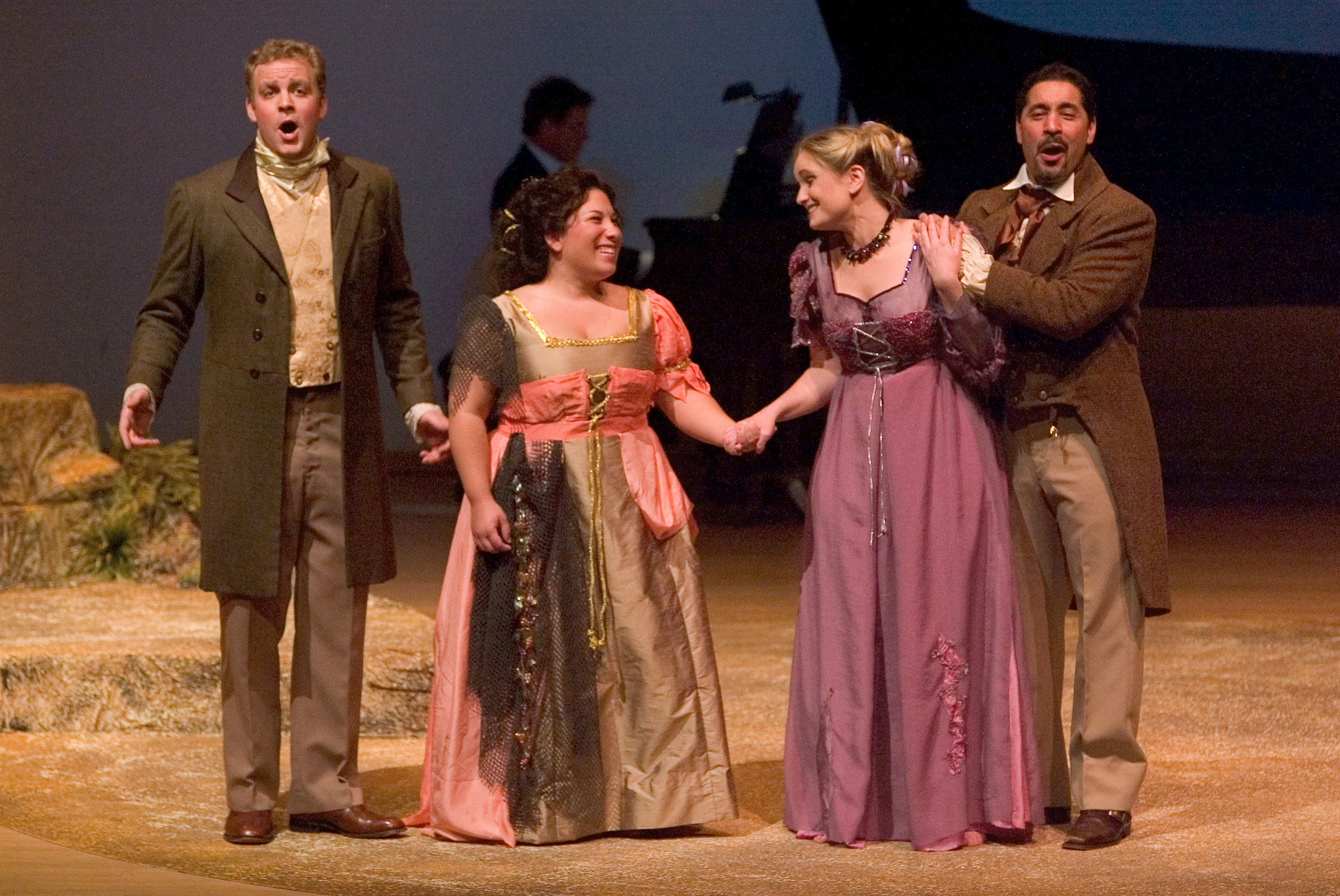
Let us hear your voice


We’d love to hear from you!
WFU Alumni
No matter how you were involved with WFU Music we want to hear your memories and stories!
Friends and Family of WFU Music Alumni
Have a story to share of your WFU Music alumnus or alumna? We’d love to hear from you!

